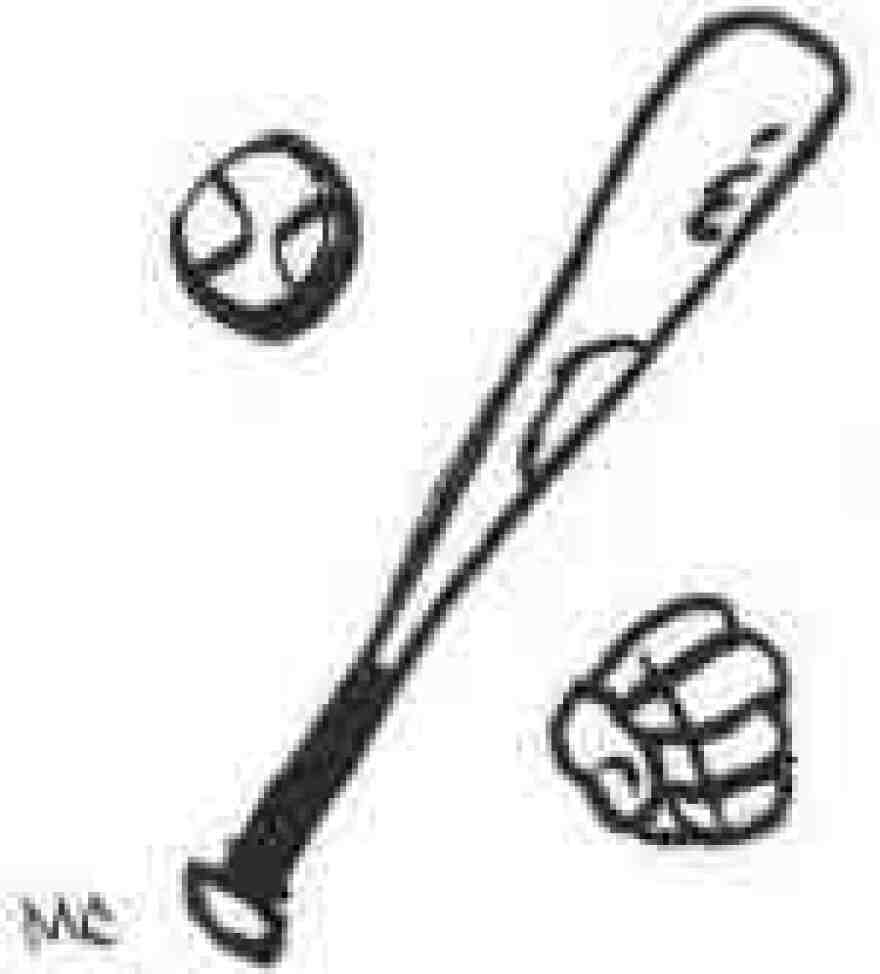John Hills paid little attention to the taunts as he coached first base for the Lemont Little League all-stars. But the words suddenly got physical when three coaches for the opposing team jumped Hills and beat him brutally. That was 10 summers ago. "It shattered me," Hills says of the incident that led to the loss of his plumbing business.
The Oak Lawn resident, now 57, and his wife Patricia sued the three coaches and two Little League organizations, winning a $757,710 jury verdict that the appellate court later upheld. But in a landmark decision that garnered national attention, the Illinois Supreme Court reversed the jury's verdict, ruling last fall the leagues aren't liable because they couldn't have predicted the violence. Hills' attorney, James Wolf of Chicago, has asked the justices to reconsider their decision. He contends the ruling has the effect of rewriting law covering youth sports.
At the least, the Illinois case has focused attention on a fundamental question: To what extent can youth sports leagues be held responsible when overcompetitive parents and coaches go berserk? The answer could have some far-reaching implications. In Illinois alone, 80,000 young athletes participate in 205 separately chartered Little League baseball programs. Nationwide, 2.7 million players participate in 6,500 Little League organizations. That's according to Lance Van Auken, director of media relations for Little League Baseball Inc., which filed a friend of the court brief in the case urging the court to reverse the lower courts' rulings upholding the verdict. While saying his organization deplores adult violence at youth games. Van Auken says the national Little League organization agrees with the justices that the actions in the Hills case were "completely unforeseeable."
Not surprising, Michael Resis, a Chicago attorney for the Bridgeview Little League Association, a defendant in the case, also agrees. "Certainly, [the decision] will remove any possible specter of liability for unforeseeable assaults by managers or coaches."
But Bruce L. Ottley, a DePaul University College of Law professor, sees potential for a negative impact on youth sports. "These Little League activities depend for their existence on the volunteer efforts of parents and other adults," says Ottley, who co-authored the book Illinois Tort Law. "As parents get more and more emotionally involved in the sports activities of their children, what you're going to have is situations where otherwise responsible, peaceable parents are going to get caught up in the event and lose it by attacking a coach or maybe even one of the other players."
The attack on Hills occurred during a game for 14- and 15-year-olds. The Lemont and Bridgeview teams were playing at a Justice-Willow Springs Little League baseball field in southwest suburban Chicago. Hills says that he was beaten by the three coaches for the opposing team after complaining that a rival coach attempted to influence the umpire's calls. His suit, which was filed in 1992, named Ted Loy, his brother George T. Loy Sr. and his son George T. Loy Jr. Ted Loy was the manager of the Bridgeview team while his brother and nephew were assistant coaches. Hills says that at the end of the sixth inning, he bent over to pick up a scorebook when he was attacked from behind by George Loy Sr., who knocked him to the ground. The suit contends that Ted Loy came out of the dugout and kicked Hills numerous times. Then George Loy Jr., who was 16 at the time, struck Hills in the knee with a bat.
Hills landed in the hospital with a lacerated kidney, a broken nose and ribs, and an injured knee.
Besides the Loys, the couple sued the Bridgeview and the Justice-Willow Springs Little Leagues. A Cook County circuit court jury held in their favor in 1997. Because the Loys were not present at trial, default judgments were entered against them. The Loys also did not participate in the appeals. The Supreme Court, in a majority opinion written by Justice Mary Ann McMorrow, held that the two athletic associations shouldn't be held accountable for the beating because they had no advance indication that violence would break out.
However, Chief Justice Moses Harrison II issued a stinging dissent. "For all practical purposes, it is now open season on volunteer coaches," Harrison wrote. "They should forget about watching the base runners or the catcher's signals. From now on, they had better just watch their backs."
Hills, who had coached for 14 years, agreed to help out a friend by coaching the season following the beating, but, he says, "My heart wasn't in it anymore. What's the sense of doing any kind of coaching if you know you're going to get beat up?"
John Flynn Rooney covers Illinois courts as a staff writer for the Chicago Daily Law Bulletin.





